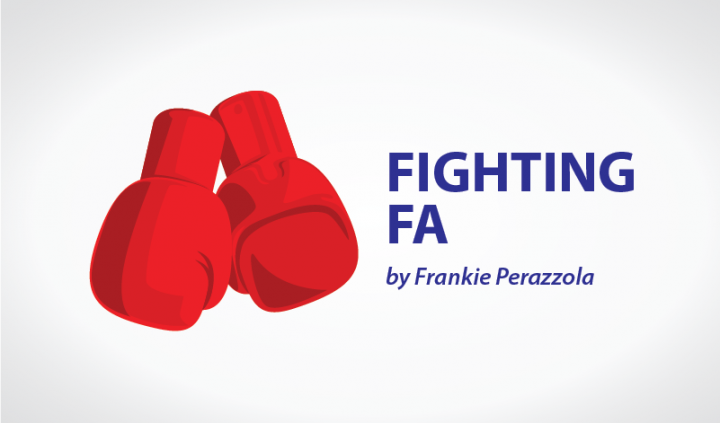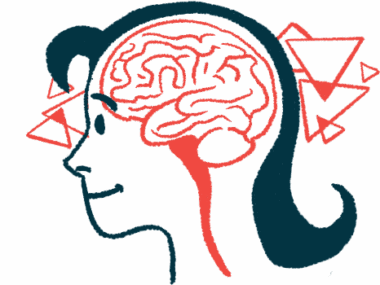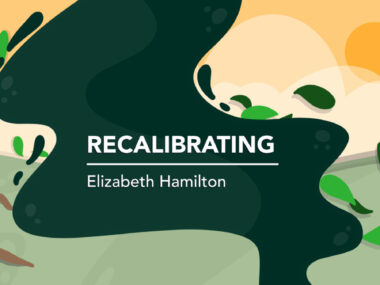When in Doubt About Social Media Content, Just Be Honest
Written by |

Almost every day, I have a conversation with myself about the level of my own vulnerability on the internet. Is this comment too much? Should I discuss this topic? Does anyone care? I tend to get lost in an abyss of self-doubt and insecurity when sharing my life on the internet.
I am critical of “influencers” on Instagram, or whatever terms people use. My eyes roll back in my head when I hear that word, to be honest. But as a rare disease advocate, I respect the fact that we have similar goals, just different motivations. That goal is to attract more attention.
Currently, I manage and moderate four Instagram pages: Two are my own and the others belong to the Friedreich’s Ataxia Research Alliance. (Visit the latter two at: @curefa_org and @rideataxia.) One is a personal page where I take selfies and post pictures and videos of my life, and a second page is dedicated to life with Friedreich’s ataxia (@fightingfa). I thought about having only one page, but FA is an inevitable part of my life and it’s important for me to separate the two.
Advocacy, fitness, and raising awareness of FA are some of the biggest parts of my life, but they aren’t everything. My love for memes, sports, sarcasm, humor, Snapchat filters, and hanging out with friends and family also are hugely important. Anyone who knows me can tell you that I’m not always on my advocacy tip, so separating the two is representative of who I am.
Join our FA forums: an online community especially for patients with Friedreich’s Ataxia.
Because I am constantly online and on social media, the internal debates I have about the content I share sometimes are so negative that I just end up trashing it. Ultimately, I think something snapped and caused me to stop caring so much. It stems from this: When I started posting my honest truth, I received the most responses. The stuff I edited too much or tried to make a point I didn’t agree with entirely wasn’t my most popular content or didn’t receive any private messages. As soon as I started talking only about what mattered to me the most and about my personal experiences, everything changed.
The content I have written is not to glorify life with a neuromuscular disease, but rather to show the real, dark days, too. I think it’s important to motivate others to be positive and strive to push themselves, but it’s also necessary to remind people to rest and that they are not alone. I don’t have the energy to pretend that every day is rainbows and sunshine, because it’s absolutely not. Writing and sharing my FA journey is totally therapeutic for me. Being honest and sharing stories about my depression or the times when I “go dark” is important. Putting out content that others can relate to is easier than you think. Just be honest and you’ll be surprised.
Anyone can use a filter on a photo, share pictures of overpriced lattes and avocado toast, and discuss products they might have been paid to advertise. But it takes a different kind of person to share the truth and be transparent with what is actually happening in life. My hope for those reading this is to help diminish self-doubt and to encourage others to post about their passions and the bad times, too.
***
Friedreich’s Ataxia News is strictly a news and information website about the disease. It does not provide medical advice, diagnosis or treatment. This content is not intended to be a substitute for professional medical advice, diagnosis, or treatment. Always seek the advice of your physician or another qualified health provider with any questions you may have regarding a medical condition. Never disregard professional medical advice or delay in seeking it because of something you have read on this website.







Kelly Barendt
Lovely article, Frankie! So accurate- my most engagement stems from honesty and vulnerability. Thank you for sharing!! See you soon <3
xx,
Kelly
Frankie Perazzola
Yes!!!! Love you Kel <3 Cant wait to see you.